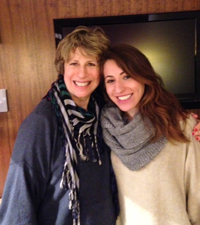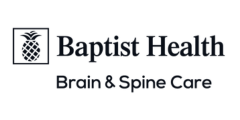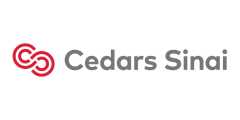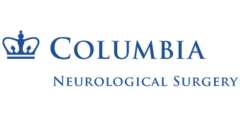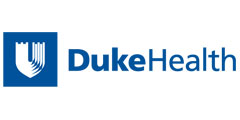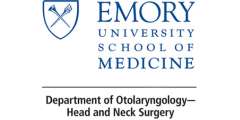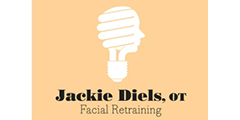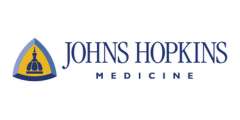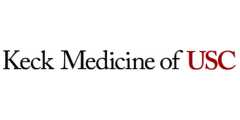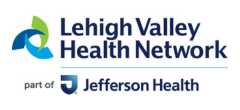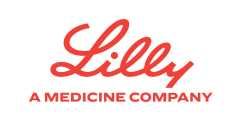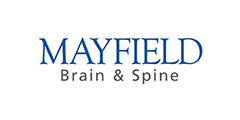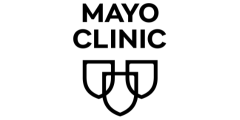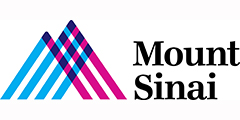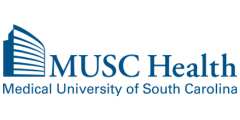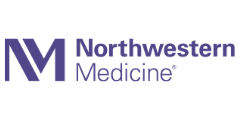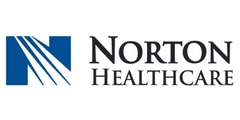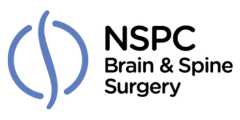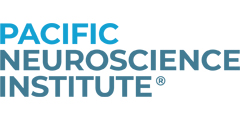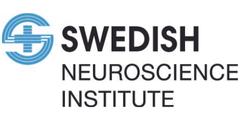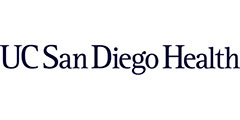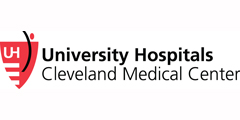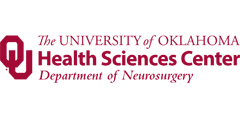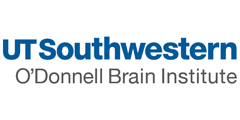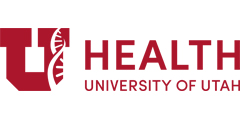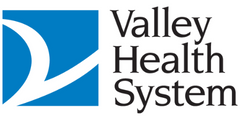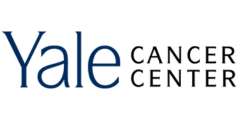A Remarkable Irony
AJ Blum
“I never knew that spaghetti made noise!” exclaimed one of my cochlear-implanted students. She was in awe of the new sounds she was able to hear since her recent surgery.
I, on the other hand, was struggling to hear certain sounds. I blamed my recent hearing difficulties on the fan over my head in the classroom and the whirring of the motor of the smart board, and I blamed it on getting older. I am a teacher of high school deaf students and I depend on my hearing to teach communication skills.
It took me about two years, but I finally decided to go for an audiological examination. My audiologist noted that I did, in fact, have a hearing loss in one ear. “It must be hereditary,” I thought. My mother wore a hearing aid as she got older. This confirmed earlier thoughts that it must be age-related deafness.
Subsequent audiological exams revealed an asymmetrical hearing loss. My audiologist became suspicious. Maybe it’s a tumor? I had no overt symptoms so I ignored it. My students have asymmetrical hearing losses as well. I thought, "my hearing loss is similar to theirs and therefore, it is not unusual." But it was unusual. This kind of hearing loss - asymetrical - was developed later in my life, which is not common.
The following year my audiologist recommended bilateral hearing aids. The hearing aids masked the tinnitus I had been experiencing and made me feel more ‘balanced’. I could hear everything. I would often say that I could hear the gossip in the hallway.
Since I use American Sign Language at work, I have no problem when I am doing my job. I am able to attend workshops, teach classes, and have conversations because we use sign language. However, outside of work, I was struggling to understand my daughter on the iPhone or focus on a conversation in a noisy room.
Finally, I agreed to go for an MRI. It proved exactly what my audiologist suspected, I had an acoustic neuroma, which was 1.5 cm. Since an acoustic neuroma is considered ‘rare’, the amount of information I was able to obtain was sparce.
My primary resource for information was the Acoustic Neuroma Association. After contacting them, I waited for my packet to arrive in the mail. I then began my research for the best option for treatment
As an undergraduate, I had studied speech and audiology. I had never heard of an acoustic neuroma. I went to three hospitals and talked to neurotologists, surgeons, ENT’s, etc. I got a lot of interesting reactions: “You really are a teacher of the deaf?” “Do you find this ironic? Lucky you know ASL!” We discussed surgery and Gamma Knife treatment and FSR (Fractionated Stereotactic Radiosurgery). My background fortunately helped me to ask the right questions. Even still, I was becoming more frightened not knowing what was in store for me.
I met with Dr. Golfinos at NYU who understood that I depended on my hearing to help my students communicate. When asked what he would recommend, he emphatically stated “Gamma Knife!” He felt that where the tumor was situated, he could try to preserve my residual hearing. As they say, everything is “location, location, location.”
A few months later, I went to Langone at NYU. The previous Gamma Knife machine was destroyed by Hurricane Sandy. The 26-ton machine was housed in the basement of the building. With head brace in place - the only uncomfortable part - I began my Gamma Knife procedure. First I had an MRI, then I was fit into the big colander inside the GK machine, making me feel like the tin man in the Wizard of Oz. A few minutes later, I was resting comfortably in the recovery room. I was out before lunchtime and was told I could return to teach the next day if I felt up to it.
No procedure is without risks and problems. Shortly afterward, I lost my balance walking and fell on my face. I broke my glasses and a tooth and injured my pride. It gave me a greater awareness of what I need to do to help myself.
Sometimes I need to slow down, avoid loud, noisy places, and rest when I feel the need. I still consider myself very fortunate. No one goes through life unscathed, but we pick ourselves up when we fall (literally and figuratively) and get moving again. Going through what I did was the most amazing experience on so many levels. I was so thankful and appreciative.
Although I had lost some hearing, what I gained was a new appreciation of those gifts that we are given. I felt like I was going to face life with a new understanding and appreciation.
The questions I always hear is, “Since you teach deaf children, how did you feel when you found out you had an acoustic neuroma?” Well, it is ironic to be sure.
I was afraid of a tumor, but I was not afraid of developing a hearing loss. I know many people who were born profoundly deaf- my principal, teachers, professors, PhDs, lawyers, accountants. There are even a few audiologists who have lost their hearing and have cochlear implants. So what I’ve adopted from those people who I have met is their persistence and motivation.
With ADA (Americans with Disablities Act) and amazing technology, I do not consider my AN to be a disability. I am also fortunate that everything in my job is communication-accessible. Notices and appointments are posted on TV screens in the school hallways, fire alarms are both visual and spoken.
My specific job is to develop my students’ communication skills. I also teach my students to advocate for themselves. If you need someone to face you so that you can understand what they are saying, tell him or her. If you need to move to the front of a classroom, do it! I have also learned a lot from my students, and now we just constantly learn from each other.
There are so many apps and technological advances. I encourage other AN patients to take advantage of everything. As AN patients we know there are some things we have no control over, but there is a lot we can do to improve our lives. There are BAHAs, cochlear implants, and other aids that can help improve hearing.
Many states have organizations that will provide support for deaf and hard of hearing individuals. In addition to ANA, there are also senior centers (you don’t need to be a senior!) and community centers that offer programs of interest on hearing loss. Many organizations have speakers and will provide valuable information.
Additional Resources Include:
- Closed captioning
- Accessibility on your phone (under settings): LED flash, captioning, larger text
- Caption call
- Apps, such as SUB, Caption fish, OtoSense
- Bluetooth headphones to use with your cell phone
- Preferential seating for plays and events, for example, in NYC the Theater Development Fund has an accessibility program called TAP for discounted tickets and preferential seating
- Theaters also offer captioned movies and assistive listening devices
- Facebook has many sites for hearing loss, such as the Say What Club
Not everything is easy, however. There are things I still continue to have difficulty with such as:
- Walking in a straight line
- Using an iPhone (yay for texting!!!)
- Localizing sound
- Getting off the Metro North in Grand Central (too much auditory and visual noise)
- Walking in the dark
- Tinnitus at night that keeps me awake
Last week my audiologist noted an improvement in my hearing. This week was my MRI. It showed exactly the result of what the GK was intended to do.
I am so appreciative of Dr. Golfinos and my audiologist, Dr. Hinchey, who helped me decide on my best treatment option.
And, yes, with my hearing aids, I do know that spaghetti makes noise…!
In no case does ANA endorse any commercial product, physician, surgeon, medical procedure, medical institution or its staff.

